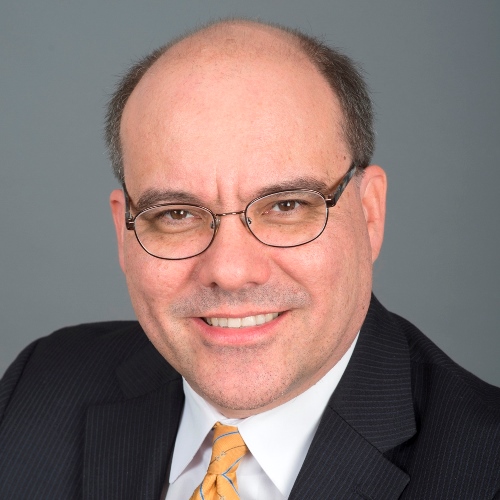Forced displacement is not a new phenomenon. Many countries—especially in the developing world—have been managing these situations for years, at times decades. The ongoing Syrian crisis has provided renewed impetus for the global community to re-think how to support local and national governments to help the displaced and hosts alike.
“All the conflicts we are seeing worldwide at the current moment have become the epitome of everything that can go wrong in a conflict situation, and a lightning rod for the international community to realize that the status quo isn’t working,” said Ede Ijjasz-Vasquez, Senior Director for the World Bank’s Social, Urban, Rural and Resilience Global Practice. “Recognizing that every situation is different, we at the World Bank have focused on the need for tailored solutions that work for specific host country situations. Over the years, we have found that good development programs need to be informed by a good understanding of displaced populations and the communities that host them, and the relationship between them. We must help them help each other.”
As the Bank works to expand its support for the displaced as well as their host communities, not only in low-income countries but in middle-income countries as well, many ongoing efforts across the world, including the Great Lakes, the Horn of Africa, and the Sahel regions, in Jordan and Lebanon, as well as in Pakistan and Azerbaijan among others, may provide insight on approaches that work.
Every situation will have its own unique challenges, but ensuring that local host communities are supported and involved in long-term planning decisions, and enhancing job opportunities are among important elements of Bank support. Supporting and enhancing sustainable environmental and ecosystem services, including integrated natural resources management, is also necessary to overcome the environmental degradation and loss of vegetation cover that can result from an inflow of large numbers of people.






